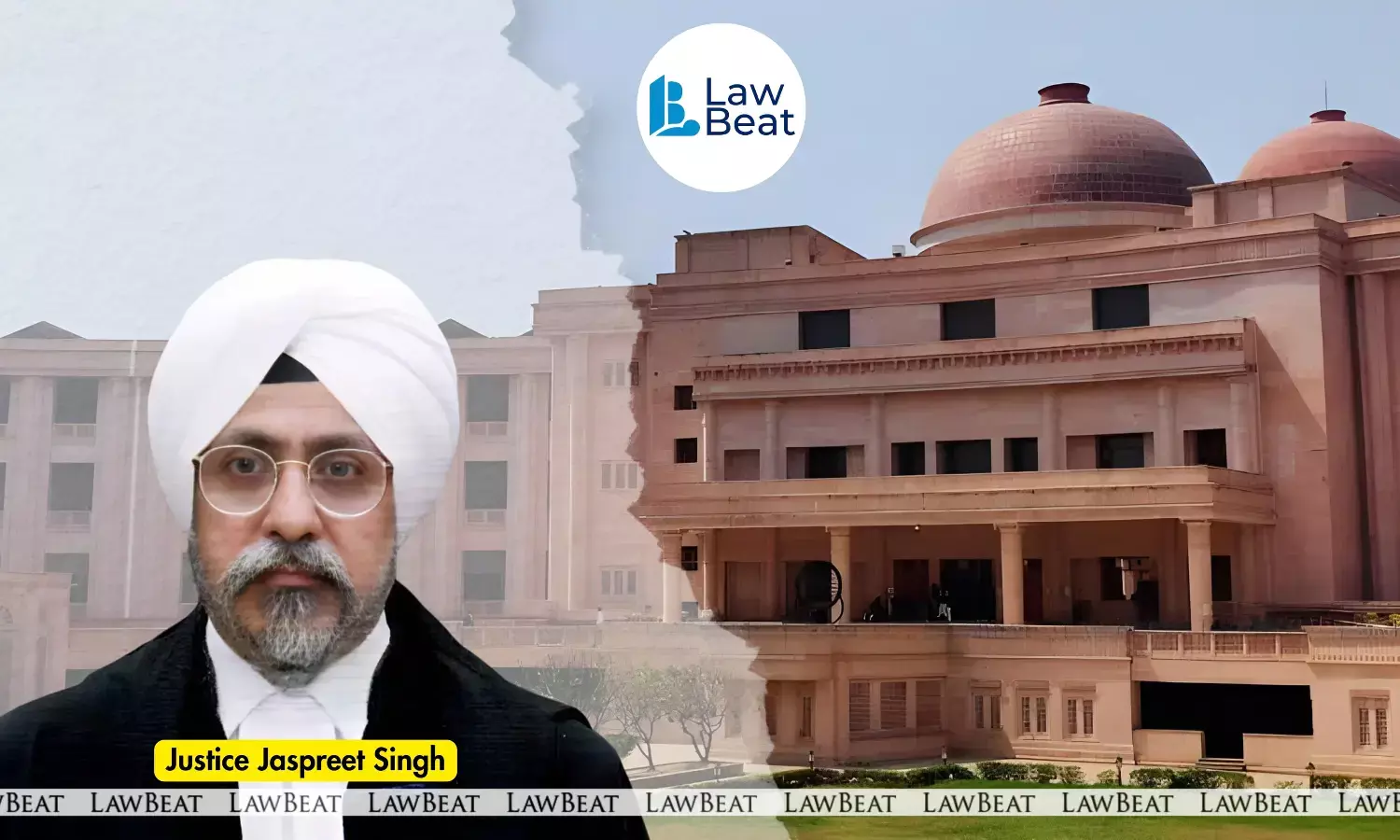Married Daughters Entitled to Full Motor Accident Compensation, Dependency Not a Limiting Factor: Allahabad HC

The Allahabad High Court has affirmed that married daughters are entitled to claim full compensation in motor accident cases, even if they are technically not financially dependent on the deceased.
The bench of Justice Jaspreet Singh dismissed two appeals filed by the Uttar Pradesh government challenging compensation awarded to a woman for the deaths of her father and brother in a 2009 road accident.
A tragic incident occurred on 24 April 2009, when Aftab Husain and his son Tanveer Husain were travelling on a motorcycle to visit relatives. Near Bahad Gram Khushalganj on Mohan Road, Kakori, Lucknow, a truck, allegedly driven rashly and negligently, collided with their bike. Both sustained grievous injuries and were rushed to the Trauma Centre at the Medical College, Lucknow. Aftab Husain died the same day, while Tanveer succumbed to his injuries on 1 May 2009.
Their only surviving legal heir, Tabassum, who was Aftab’s daughter and Tanveer’s sister, filed two separate claim petitions. In February 2011, the Motor Accident Claims Tribunal awarded her Rs. 2,13,200 for her father’s death and Rs. 1,60,400 for her brother’s death, both with 6% annual interest.
The State appealed, contending that Tabassum, being a married daughter, was not financially dependent on either deceased and should receive only the statutory “no-fault” liability compensation of Rs. 50,000 per death under Section 140 of the Motor Vehicles Act, 1988. It contended that the compensation in terms of motor accident is primarily based on the principle of loss of dependency. In case the dependency is not proved by the claimants, they are not entitled to the compensation beyond the terms of Section 140, the State urged.
Citing the Supreme Court’s decisions in Manjuri Bera v. Oriental Insurance Co. Ltd. (2007) and Deep Shikha v. National Insurance Co. Ltd. (2025), it further argued that married daughters are presumed to be supported by their husbands.
Tabassum countered that her husband was working abroad in Dubai, and she was residing with her father and brother, receiving both financial support and amenities from them. The Tribunal had accepted this evidence in finding partial dependency.
The High Court, after reviewing landmark Supreme Court precedents including Manjuri Bera, National Insurance Co. Ltd. v. Birender (2020), Seema Rani v. Oriental Insurance Co. Ltd. (2025), and Jitendra Kumar v. Sanjay Prasad (2025), held that the right to claim compensation is vested in legal heirs and is not contingent upon financial dependency.
"The Apex Court, noticing the provisions of Section 166 and 168, including noticing the definition of the word 'legal representative' as mentioned in Section 2(11) CPC held that the liability under Section 140 of the Act of 1988 does not cease in absence of the dependency. The right to file a claim application has to be considered in the background of right to entitlement. However, while assessing the quantum, the multiplier system is applied because of deprivation of dependency," the high court noted.
Justice Singh clarified that while dependency affects the quantum of compensation, it cannot be used to restrict entitlement to only the no-fault amount.
"The use of the words that the quantum will not be less then the liability flowing from Section 140 does not mean that it is confined to the limits as provided in Section 140 rather it has been held that the compensation in such cases cannot be less then the limit as mentioned in Section 140 and does not provide for any upper limit or cap," court observed.
Court stressed that "it would be anomalous to state that a person may lose a dear one and merely because the legal representative is not dependent, he or she would be confined to the no-fault liability amount… This would be a travesty of justice".
Court also noted that Deep Shikha did not consider the full spectrum of binding precedents, and that the law as settled in Birender and subsequent rulings is that even married, earning children can claim compensation, with deductions applied for personal expenses of the deceased where necessary.
Applying these principles, court found no reason to interfere with the Tribunal’s conservative assessment of compensation. It upheld the awards in full and directed that any amounts deposited be transferred to the Tribunal for release to the claimant within 60 days, along with any shortfall and applicable interest.
Case Title: The Chief Engineer Irrigation Deptt. Lko. and Anothers vs Tabassum and connected matter
Judgment Date: August 6, 2025
Bench: Jaspreet Singh
